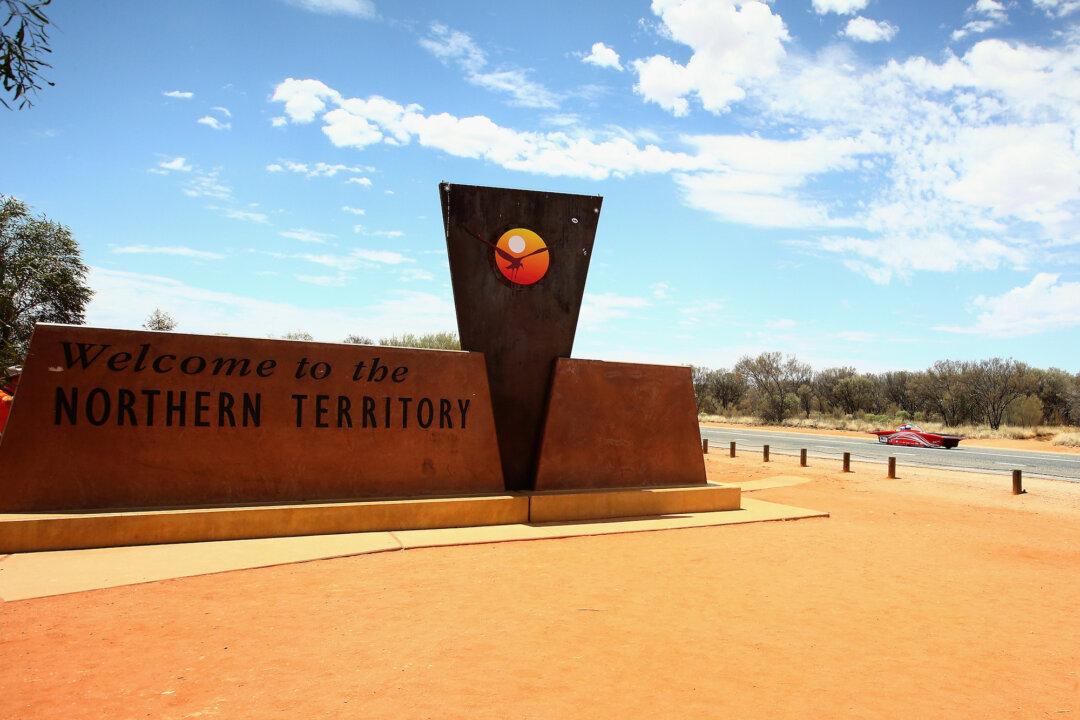The Coalition and the Labor party have pledged to provide the Northern Territory with millions of dollars to help it deal with rising crime, employment, and improve health care for Indigenous people.
Prime Minister Scott Morrison promised on April 24 that the federal government would spend $14 million (US$10 million) on a community-led initiative to mitigate crime in Alice Springs.





